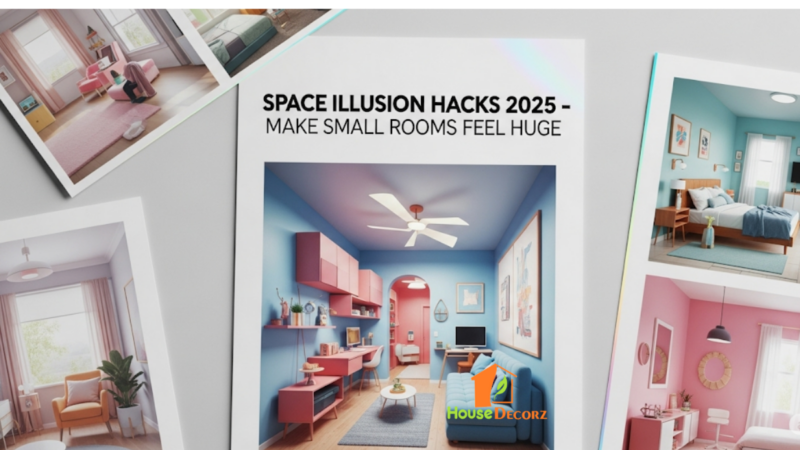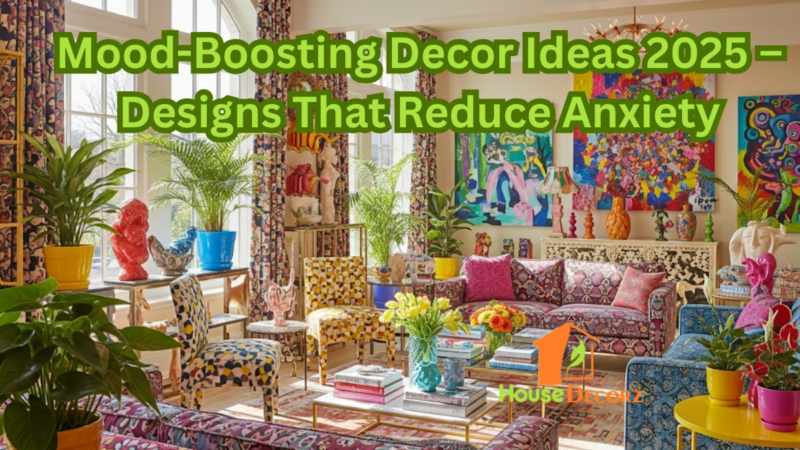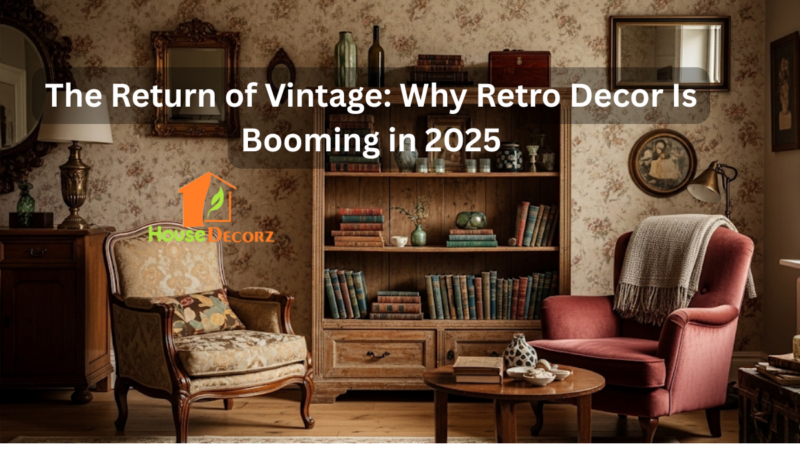Is a Modular Kitchen Worth It in the U.S.? Pros, Cons & 2025 Trends Explained

The American kitchen is evolving. As homeowners continue to prioritize efficiency, style, and smart design, modular kitchens are gaining serious momentum across the country. But is a modular kitchen USA 2025 truly worth the investment? To answer that, it’s essential to explore the advantages, potential drawbacks, and the latest design trends shaping the modular movement.
Whether you’re considering a complete overhaul or just exploring kitchen remodel pros and cons, this guide will help you decide if a modular setup fits your lifestyle, budget, and long-term home value.
What Is a Modular Kitchen?
A modular kitchen refers to a highly customizable, pre-fabricated kitchen system made up of standardized units or “modules.” These include cabinets, countertops, shelves, and appliances, all of which are designed to fit seamlessly into a designated layout.
Unlike traditional kitchens, which are often built on-site from scratch, modular kitchens are assembled using factory-manufactured components. This results in quicker installation, greater flexibility, and an ultra-modern finish—one that aligns with cutting-edge U.S. interior trends in 2025.
Pros of a Modular Kitchen in the U.S.
1. Customization and Space Optimization
One of the biggest advantages of a modular kitchen is its tailor-made approach. Whether you have a compact apartment or a spacious suburban home, these kitchens can be designed to fit any size or shape. From L-shaped to U-shaped layouts and island counters, modular systems make efficient use of available space—especially beneficial for urban dwellers.
2. Time-Saving Installation
Traditional kitchens can take weeks (or months) to complete. Modular kitchens, however, are quicker to install since most parts are prefabricated. This reduces disruption to your daily life and ensures a faster turnaround for your remodel project.
3. Modern Aesthetics
If you’re comparing a modern vs traditional kitchen, modular kitchens clearly lean toward the contemporary side. With sleek lines, concealed storage, integrated appliances, and minimalist design, they bring a polished, high-end feel to any home. Popular finishes in 2025 include matte black cabinetry, quartz countertops, and smart lighting systems.
4. Easy Maintenance and Repair
Because modules are individual units, they can be removed and replaced without dismantling the entire kitchen. Spilled something on a cabinet door? It can be swapped out easily. This modularity makes maintenance far less stressful.
5. Integration with Smart Technology
In 2025, smart homes are no longer a luxury—they’re becoming the standard. Modular kitchens readily support smart appliances, touch-free faucets, under-cabinet lighting, and app-controlled features, making your kitchen both functional and futuristic.
Cons of a Modular Kitchen in the U.S.
1. Initial Investment Can Be High
While modular kitchens are a long-term investment, the upfront cost may be higher than building a basic kitchen using traditional carpentry. Custom modules, premium finishes, and smart tech integrations can drive up the price.
2. Limited Design Flexibility Midway
Once your kitchen layout is finalized and modules are ordered, making changes can be costly and time-consuming. Unlike traditional builds where adjustments are possible on the fly, modular components require precision and advance planning.
3. Not Ideal for All Homes
Some older American homes with quirky floor plans or uneven wall structures may not be suited to the standardized nature of modular systems. In such cases, additional prep work may be needed to accommodate modular installations.
Modular Kitchen USA 2025: Top Trends
As U.S. interior trends evolve, so do the design preferences within modular kitchens. Here are the top trends making waves in 2025:
- Smart Storage Solutions: Think pull-out pantries, corner carousels, and lift-up wall units that maximize every inch.
- Sustainable Materials: Eco-conscious homeowners are opting for recycled woods, non-toxic finishes, and energy-efficient lighting.
- Open-Concept Layouts: Kitchens that blend seamlessly with living and dining areas are in high demand, offering social and visual openness.
- Color & Contrast: Two-tone cabinets, such as navy and gold or white and walnut, are dominating kitchen aesthetics.
- Voice & App-Controlled Features: From lighting to appliances, automation is becoming standard in modular kitchen setups.
Recommendation
Best Kitchen Shelf Decor Ideas For Changing Your Kitchen Look
Best Kitchen Island With A Sink And Dishwasher Ideas
40+ Best Kitchen Wall Decor Ideas
How To Choose The Best Kitchen Sink Material
Final Verdict: Is a Modular Kitchen Worth It?
If you’re looking for a sleek, efficient, and future-proof solution for your kitchen remodel, a modular kitchen USA 2025 is absolutely worth considering. While the initial investment may be higher, the long-term benefits—like durability, style, and smart features—offer excellent value. However, it’s essential to weigh the kitchen remodel pros and cons based on your specific home needs, budget, and lifestyle.
FAQ: Modular Kitchens in the U.S. – 2025
Q: How much does a modular kitchen cost in the U.S. in 2025?
A: Costs vary based on size, materials, and features, but you can expect to spend anywhere from $10,000 to $40,000 for a mid-range modular kitchen setup.
Q: Can modular kitchens be customized to fit older homes?
A: Yes, but older homes may need some structural prep work for modular units to fit perfectly. Hiring an experienced designer can help bridge the gap between modern and traditional layouts.
Q: Are modular kitchens durable?
A: Absolutely. High-quality modular kitchens use durable materials like marine plywood, stainless steel, and engineered quartz, ensuring long-lasting performance.
Q: What is the lifespan of a modular kitchen?
A: With proper care, a modular kitchen can last 15–20 years or more. Components can be replaced individually, which extends its functional life.
Q: Can I install a modular kitchen myself?
A: DIY installation is not recommended unless you have professional carpentry and electrical skills. It’s best to have certified experts handle the design and installation for safety and precision.






